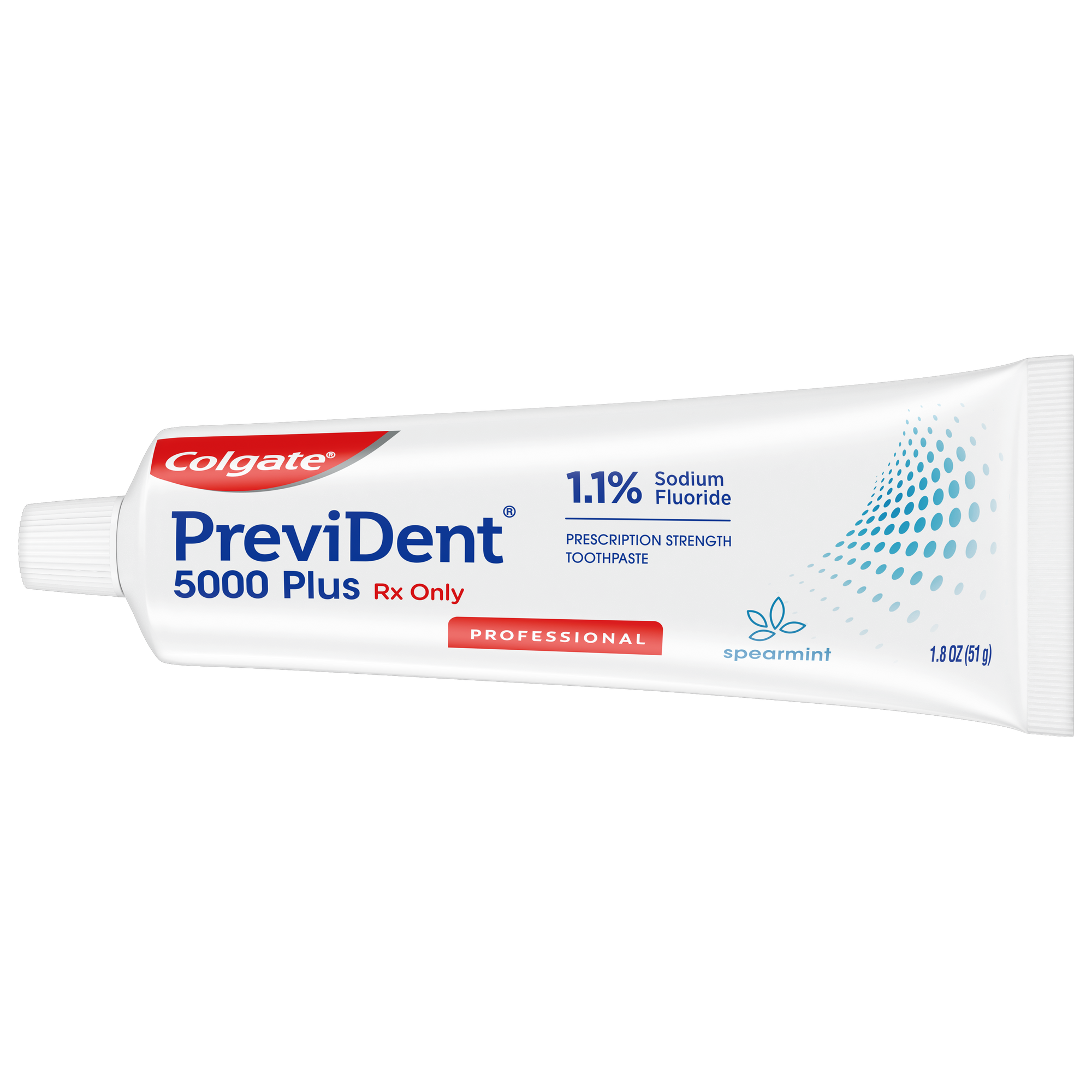But just because there isn't conclusive evidence doesn't mean there aren't ways for you to try to prevent and treat them. Let's go over how stress and other risk factors can lead to canker sores, how to heal them, and your best steps towards future prevention.
What are Canker Sores?
Frequent canker sores, also known as recurrent aphthous stomatitis (RAS), are small, usually white in color ulcers on the inside of your mouth. They can be found on the inside of your cheeks and lips and on your tongue and gums. They're not like cold sores, which can develop on the outside of your mouth and are contagious. But canker sores do sometimes have an unpleasant tingling feeling to them. They're more likely to appear in younger people and usually go away on their own. Still, it's helpful to understand their potential causes and how to soothe the discomfort they can cause..
Understanding the Causes of Canker Sores
Although the exact causes of canker sores are unknown, dental and medical professionals have noticed a few risk factors. For example, the U.S. Office on Women's Health points out that women tend to get canker sores more when menstruating. So your biological makeup and hormones may be related to your chances of developing them. The Merck Manual estimates that RAS occurs in 20 to 30% of adults and an even larger percentage of children. It also notes that RAS is often passed down in families, meaning genetics could play a role.
An injury inside your mouth may also increase your risk of developing a canker sore. If you've ever accidentally bitten the inside of your lip or cheek, then had a few days of a painful wound in that area, you've probably had a canker sore! Other potential causes include an allergy to certain foods, a lack of specific vitamins, smoking, and a weakened immune system.
And if you've heard that canker sores and anxiety have a connection, you may be wondering, "are canker sores caused by stress?" Anxiety and stress are well-known potential causes of canker sores, and several studies explore their relationship. For example, a study published in Contemporary Clinical Dentistry evaluated the psychological profiles and salivary cortisol levels (which indicate stress) of people with RAS. Although the study was small, researchers concluded that anxiety and depression levels were higher in people with RAS than in the control group.
How Stress Affects Canker Sores
There have been several studies on how stress can cause canker sores, with no definitive causation determined. Much of this research finds a connection between canker sores and stress, but there's no simple answer to how or why they're related. A study published in the Journal of Clinical and Experimental Dentistry found that stress levels and depression were slightly more evident in people with a history of RAS. One reason for this relationship could be that people experiencing stress tend to bite their mouth or lip more often, leading to canker sores. But still, there is no direct link or simple explanation for the relationship between mouth ulcers and stress.
How to Reduce and Prevent Canker Sores Under Stress
If you've noticed that stress or anxiety seems to trigger the development of canker sores, stress management could help you avoid a flare-up. Managing stress can have other benefits for your oral health, as there is a potential link between stress and gum disease. And learning to manage stress benefits your overall health too!
There are many ways you can reduce your levels of stress and anxiety, depending on what parts of your life cause triggers. Taking deep breaths in a tense situation, practicing meditation, and exercising, can all help you feel more at ease. If your stress levels are consistently high, you might need to make more extensive changes to your life, such as cutting back on your workload or getting more help at home. You should consult a medical professional if you are continuously feeling overwhelmed or anxious. Having a conversation with them about therapy, medication, or other treatments could be essential to your overall wellbeing.
How To Treat Canker Sores and Minimize Discomfort
While the risk factors and exact causes of canker sores are not black and white, there's a wide range of potential treatment options. You can try at-home natural remedies such as rinsing your mouth with a homemade saltwater solution or covering your canker sores with a gel from the aloe vera plant. Dental or medical professionals can also prescribe some treatments. For example, a study published in BMC Oral Health found specific mouthrinses and topical gels to be an effective treatment for RAS.
There are several ways to mitigate your discomfort while your canker sores heal:
- Drink cold liquids through a straw, so the shock of the cold sensation does not pain your canker sore.
- Eat a well-balanced diet filled with soft foods, so no sharp, processed, or sugary ingredients cause irritation.
- Stay away from very hot, salty, spicy, and acidic foods and drinks that could irritate the cold sore's open wound.
- Do not use a toothpaste containing sodium lauryl sulfate, as this chemical can irritate tender, open wounds.
- Use a soft-bristled toothbrush when brushing your teeth twice a day and continue with your scheduled dental checkups.
While canker sores are usually little more than a nuisance, it's a good idea to call your dental professional if they are larger than one centimeter or if you find yourself getting them often. Your dental professional can recommend treatments to ease your discomfort and help you get to the bottom of what's causing them. And make sure to keep up your daily oral hygiene habits and consider adding an alcohol-free mouthwash to your routine.
If you think there's a connection between your canker sores and stress levels, learning to recognize and manage your triggers might help you avoid a flare-up. Being mindful of your stress and anxiety is a wonderful thing. So making positive lifestyle habits is bound to help your overall life, not just in getting rid of canker sores!
This article is intended to promote understanding of and knowledge about general oral health topics. It is not intended to be a substitute for professional advice, diagnosis or treatment. Always seek the advice of your dentist or other qualified healthcare provider with any questions you may have regarding a medical condition or treatment.
ORAL HEALTH QUIZ
What's behind your smile?
Take our Oral Health assessment to get the most from your oral care routine
ORAL HEALTH QUIZ
What's behind your smile?
Take our Oral Health assessment to get the most from your oral care routine















